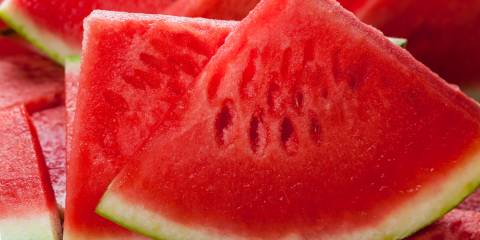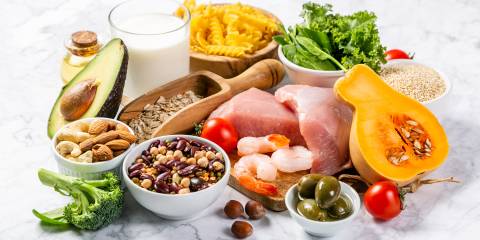In its purest, darkest form, chocolate contains hundreds of natural compounds, including phenethylamine (PEA)—which triggers mood-boosting endorphins and dopamine—and anandamide, known as a “bliss chemical” in the brain. Of all the reputed natural aphrodisiacs, points out medicinal plant researcher Chris Kilham, “chocolate alone actually promotes the brain chemistry of being in love.”
No wonder, he concludes, that “chocolate is the gift of lovers.”
For a Healthy Heart?
Devotees of chocolate were recently disqualified from a study about aspirin and heart disease—they could follow all food restrictions but the one on chocolate. Scientists at Johns Hopkins School of Medicine checked all blood platelet samples anyway—and found the results surprising. The blood of the “chocolate offenders” was slower to clot than that of volunteers who resisted temptation.
One key ingredient? Cocoa beans are rich in antioxidant flavonoids. Harvard researchers say that these plant compounds are “likely protective against coronary heart disease mortality.”
The same researchers reviewed short-term, randomized feeding trials and found that “cocoa and chocolate may exert beneficial effects on cardiovascular risk via effects on lowering blood pressure, anti-inflammation, antiplatelet function, higher HDL [healthy cholesterol], and decreased LDL [lousy cholesterol] oxidation.”
Not bad for one bean.
Choose Well
As desirable as cocoa is, hydrogenated fat, sugar, and other additives seriously compromise its benefits.
For a strong, complex taste, look for products that contain 70 percent cocoa—half of a 90-gram (3-ounce) bar has approximately 30 grams of cocoa and 125 fat calories. The finest dark chocolates are so intensely flavorful that even a nibble can satisfy.
Organic and Fair Trade
Organic chocolates are made from cacao beans, sugar, and other ingredients produced without the use of toxic, persistent pesticides or genetic modification. And since cacao beans grow best with a natural shade canopy above, organic production helps support the complex tropical ecosystem—especially important for migratory birds threatened by deforestation.
The Fair Trade label guarantees that farmers are paid a fair price for their crop, improving families’ quality of life and the stability of the local economy. Though not every fairly traded product is organic, many support ecologically sustainable farming practices that aim to protect the environment, the farming community, and consumers from dangerous chemicals.




